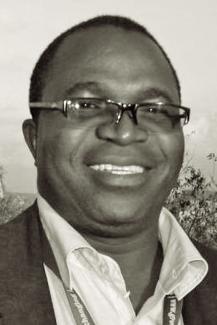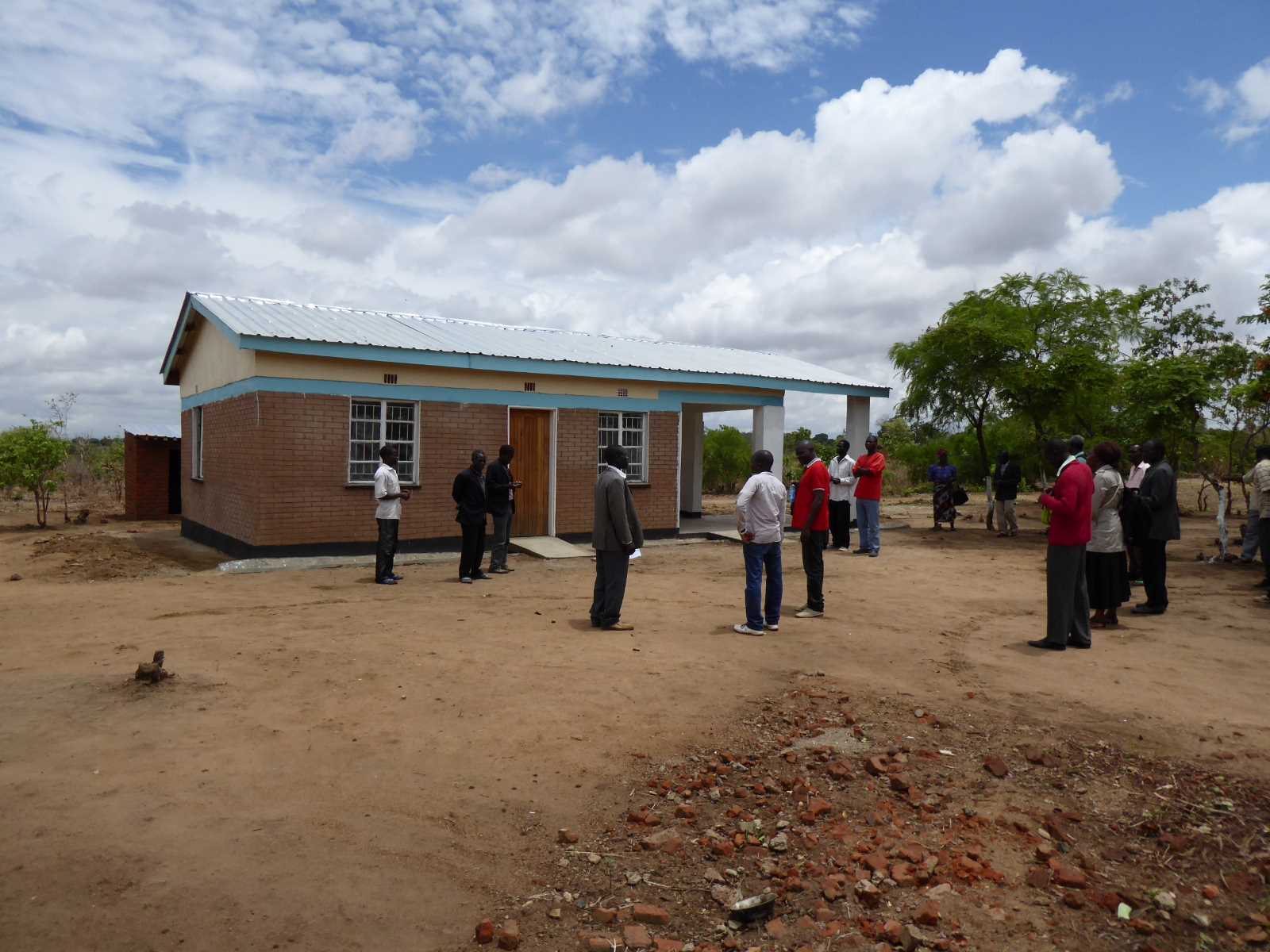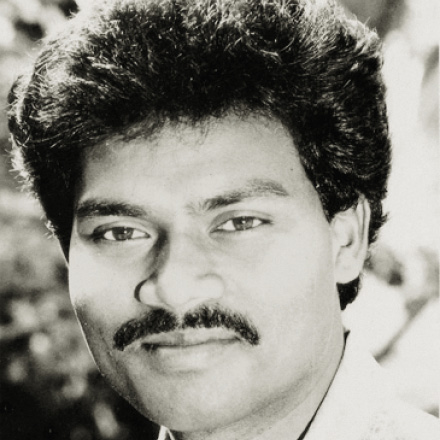Nowadays
The way to avoid diseases

Mwase is the chieftaincy’s name and he is also known by that name. For the longest time, “going to the bush” was the only option for the rural population in Malawi in places with no sanitation system. The Open Defecation Free (ODF) programme aims to change this. Today, unlike from only a year ago every household in these villages has a toilet.
“I visited a number of villages and in each household, I found a newly constructed toilet and bathroom”, T/A Mwase says. The government had chosen T/A Mwase as an example and helped to make this area open defecation free (ODF). For the past two years, the Ministry of Health in conjunction with non-governmental organisations and some donors have been working with local people of this district to build toilets with hand-washing facilities as a way of improving sanitation in the villages.
This ODF programme is supposed to be implemented in many other districts in the country. In July this year, the Malawi parliament passed the Sanitation and Water Infrastructure Development Bill, which enables the government to borrow about 9 billion kwacha ($ 50 million) from the multilateral African Development Bank. This money will be used for the provision of water and sanitation in five districts: Rumphi, Ntcheu, Phalombe, Nkhota Kota and Mangochi.
An estimated 7 million people, out of 15 million in Malawi, have no access to safe drinking water and toilets. Many schools countrywide have no proper toilets and there are no water sources – like boreholes – available. But hygiene is critical not only in schools, but also in homes where these pupils live. Water-borne diseases become the order of the day when it rains. Dysentery and other diseases, which are
a result of poor sanitation and hygiene, claim thousands of lives every year.
Work on toilets and sanitation is therefore an urgent issue. The people of Malawi hope that the money borrowed from the African Development Bank to alleviate these problems will be put to proper use. In the past, millions of US dollars were stolen from government coffers by civil servants; consequently, many people believe that the money available now may not be used for its intended purpose. “I have stopped trusting the government,” says James Supuni, a businessman from Blantyre. But Finance Minister Goodall Gondwe warns that anybody found looting government cash will face prosecution.
Taking Traditional Authority Mwase in Kasungu district as a positive example, it should be possible to put the money to good use. The ODF programme can provide the people with urgently needed water and sanitation systems. Ultimately, the entire country is set to become free of open defecation.
Raphael Mweninguwe is a freelance journalist based in Malawi.
fhelboom@yahoo.com












